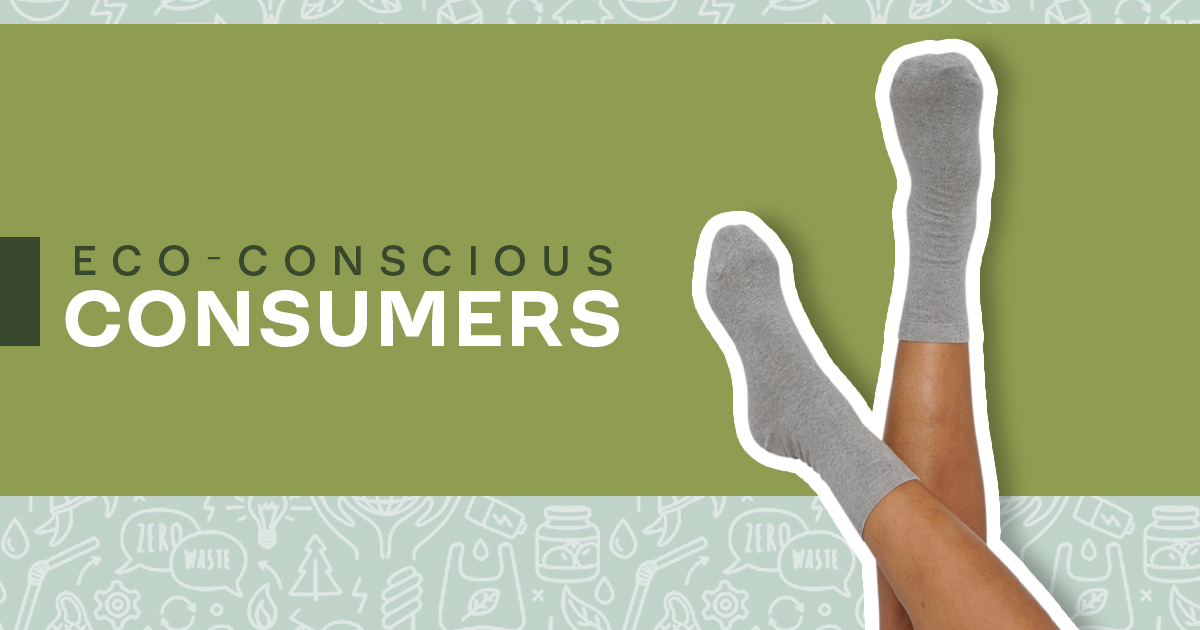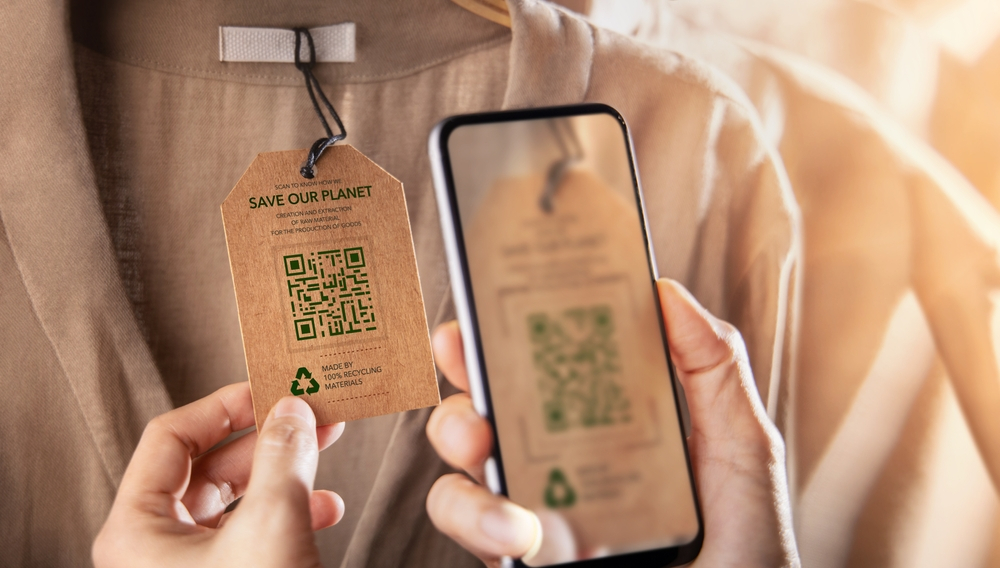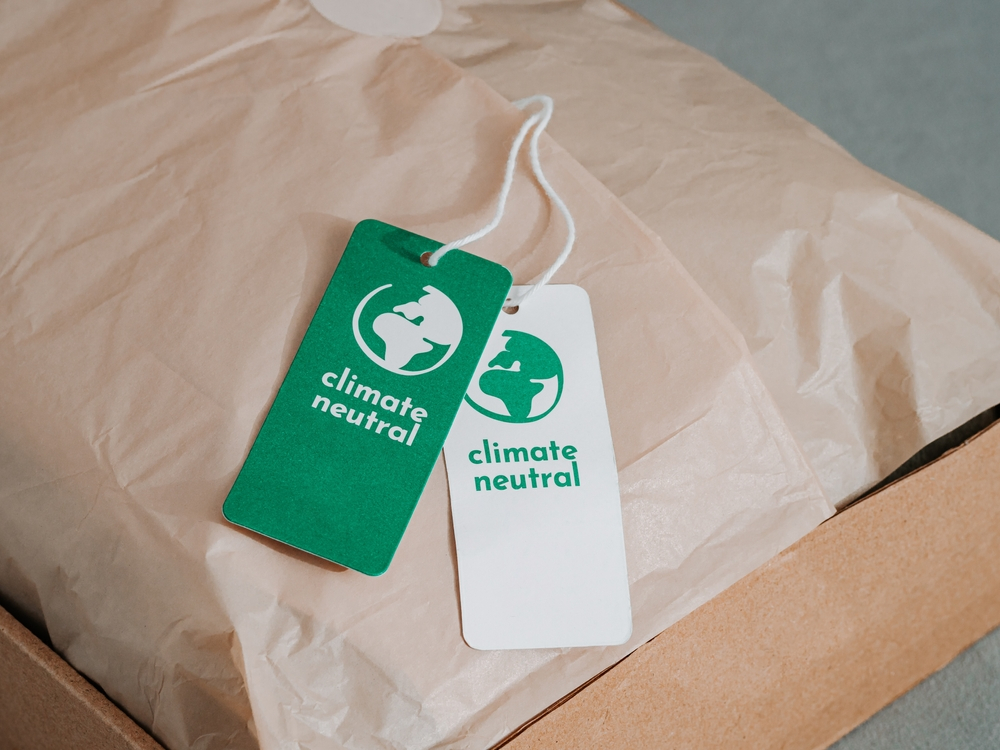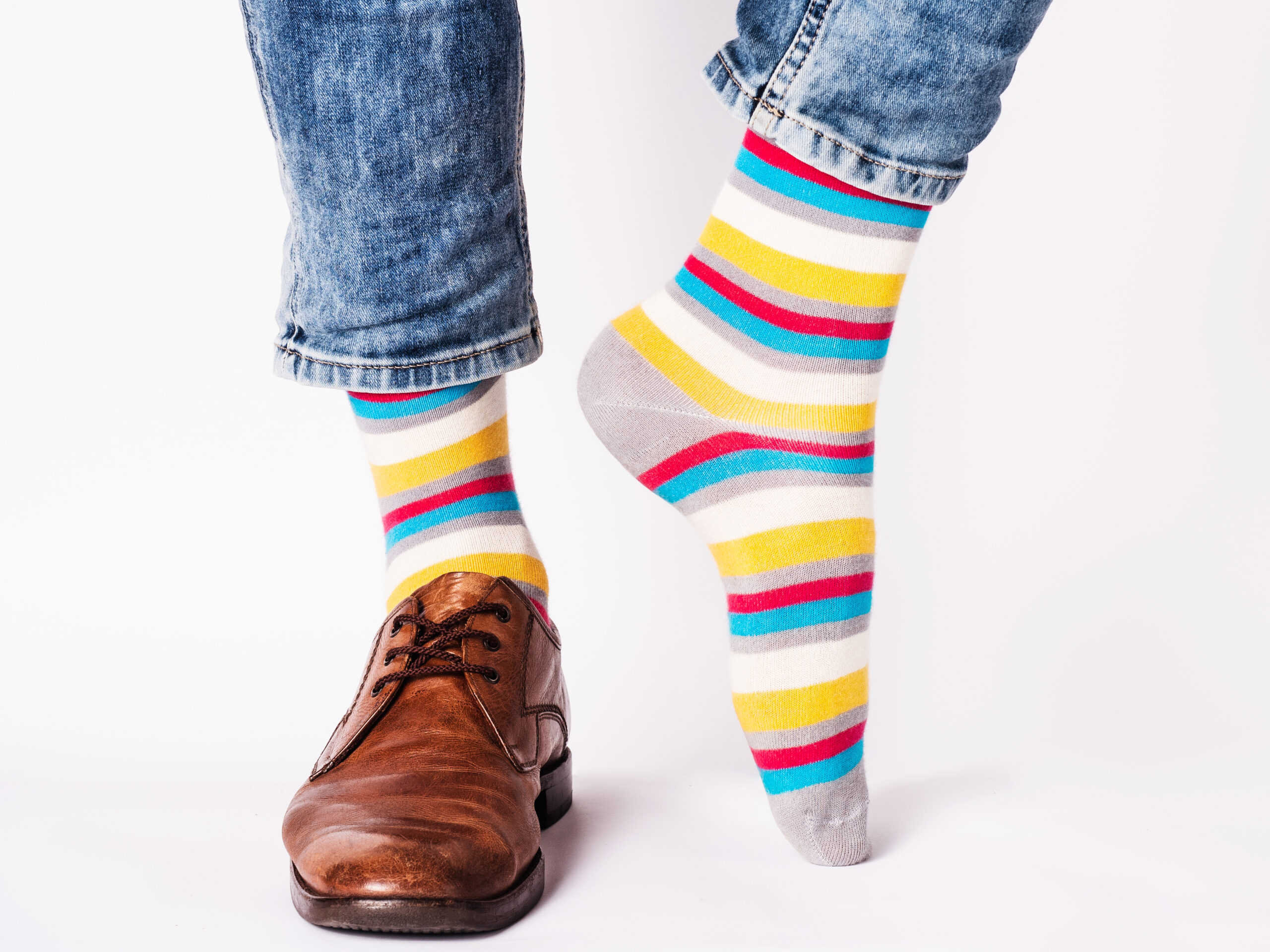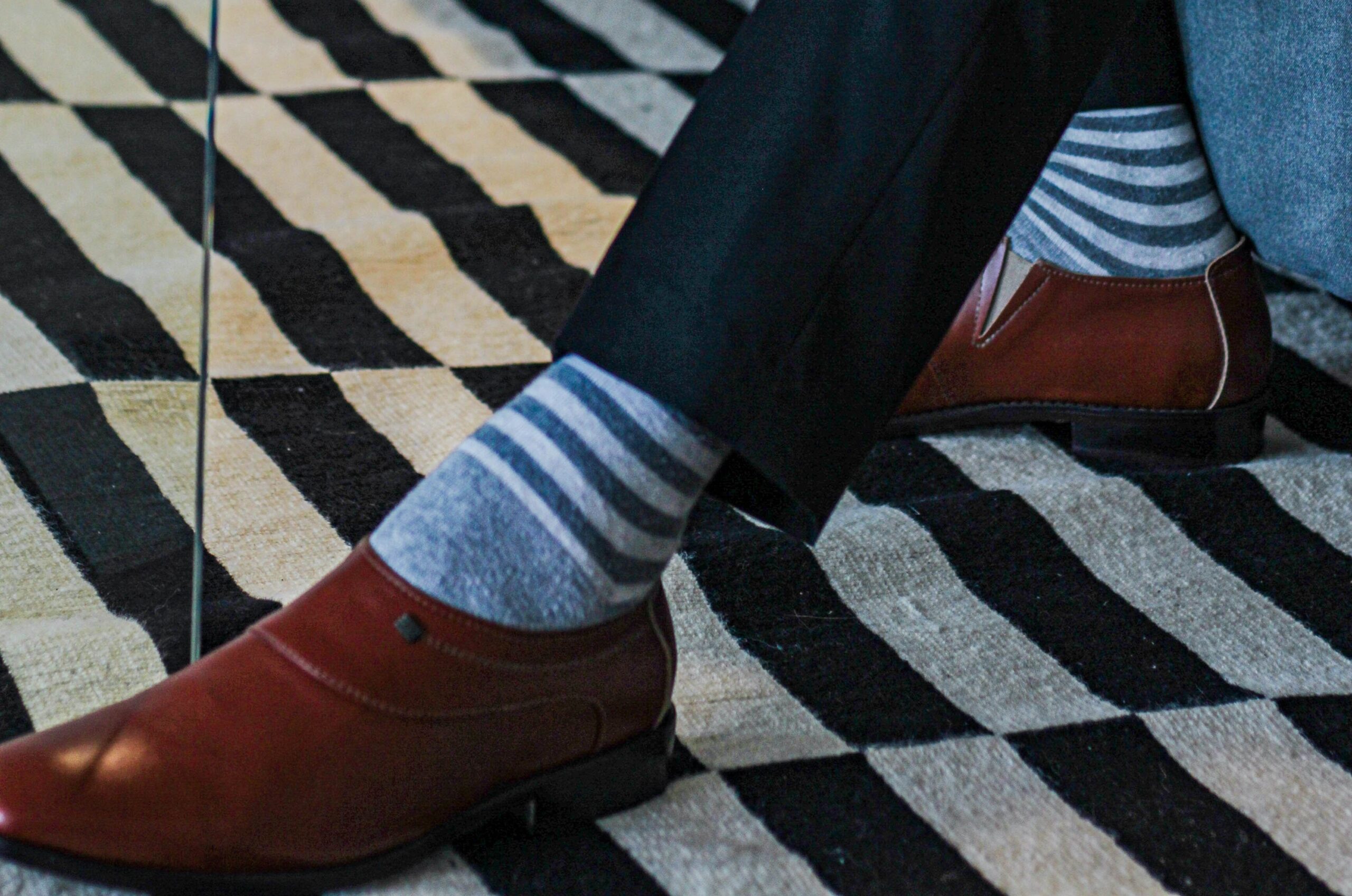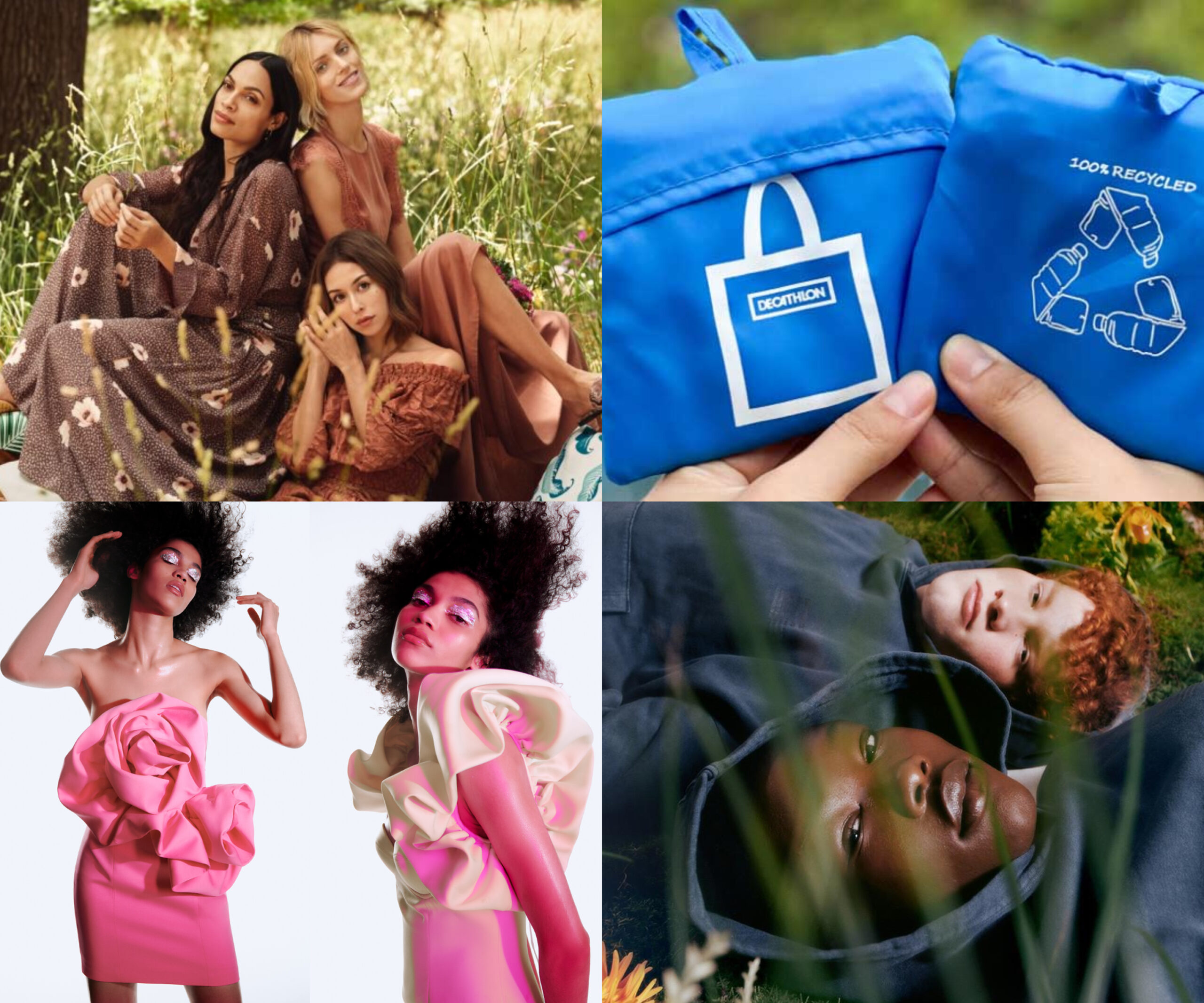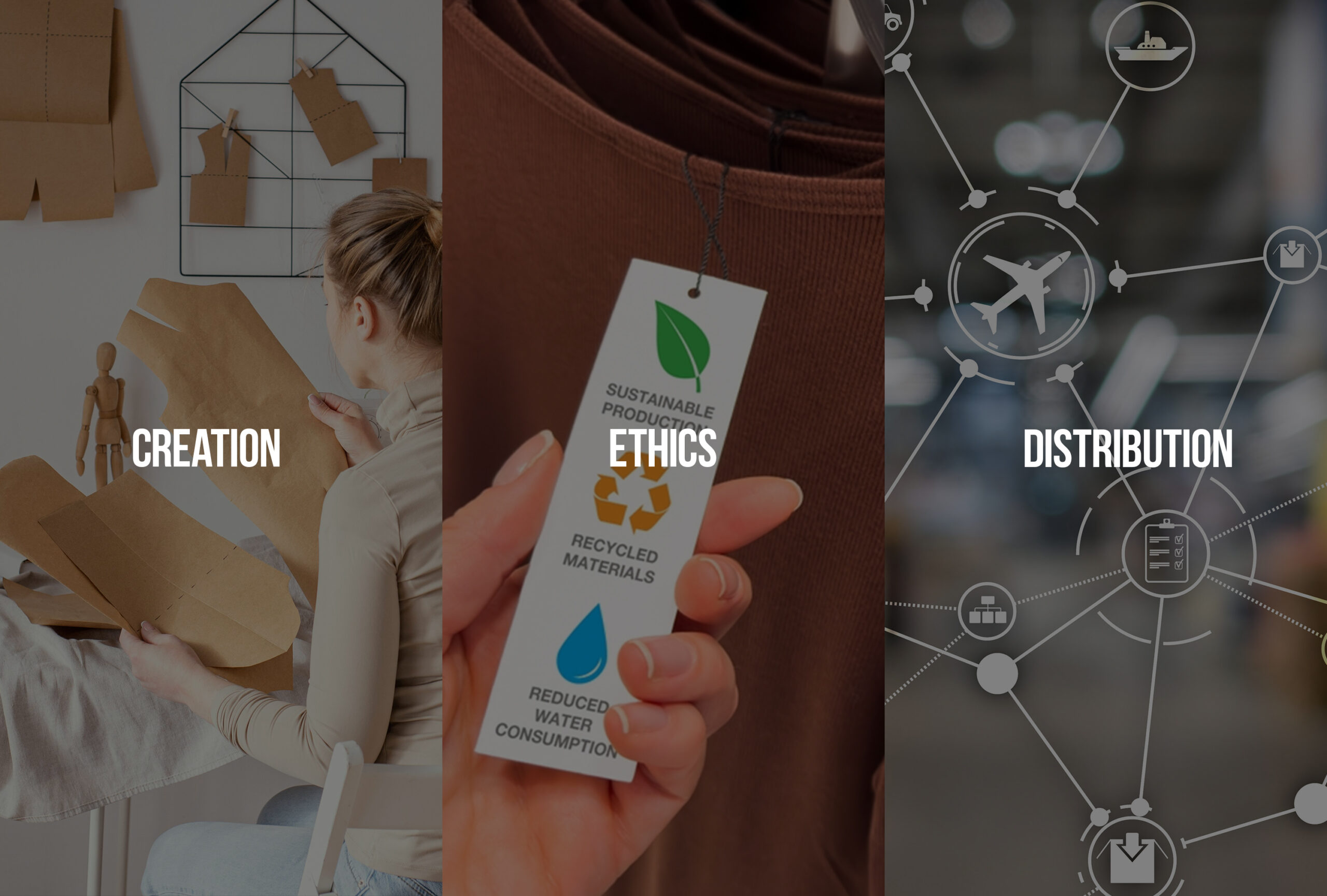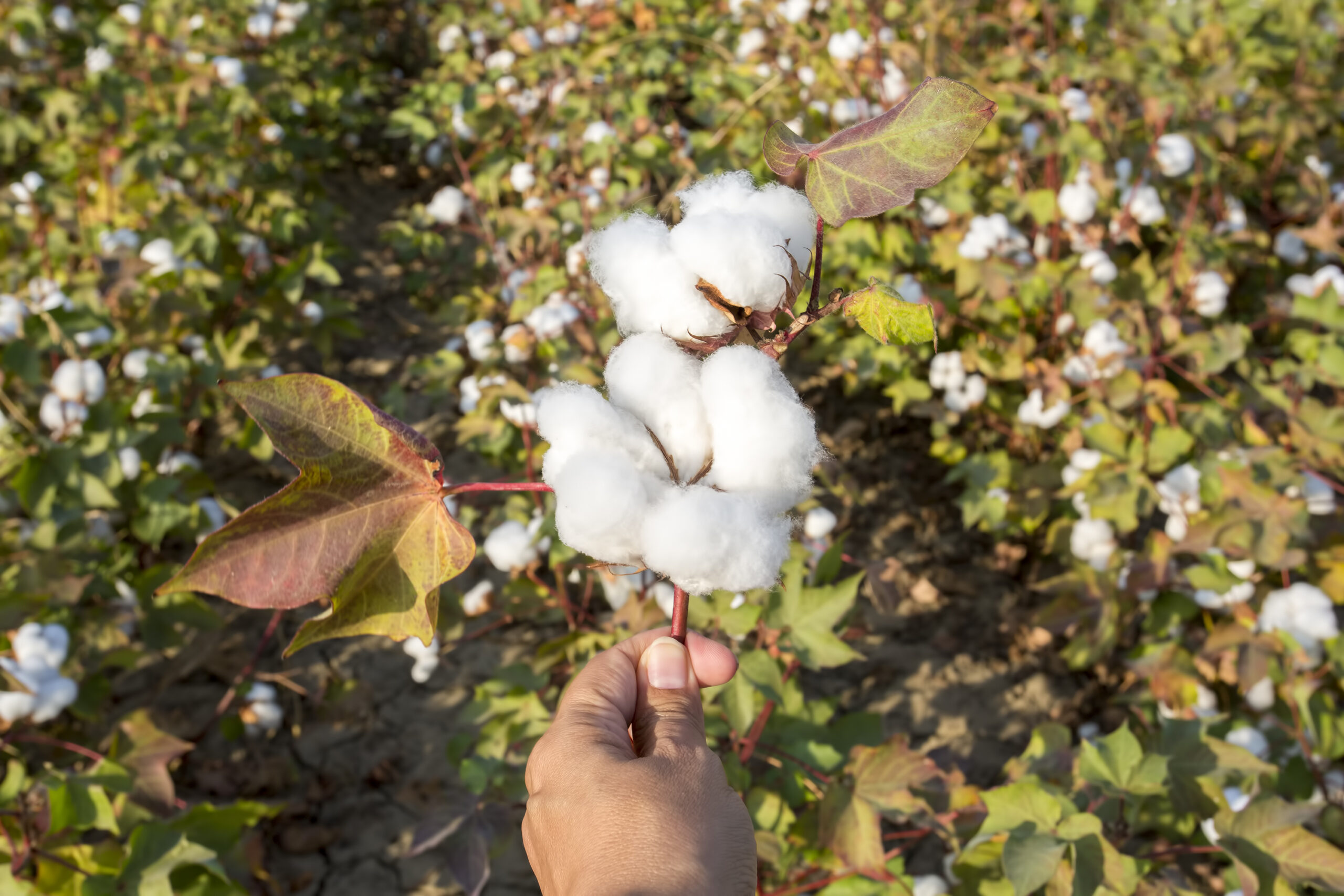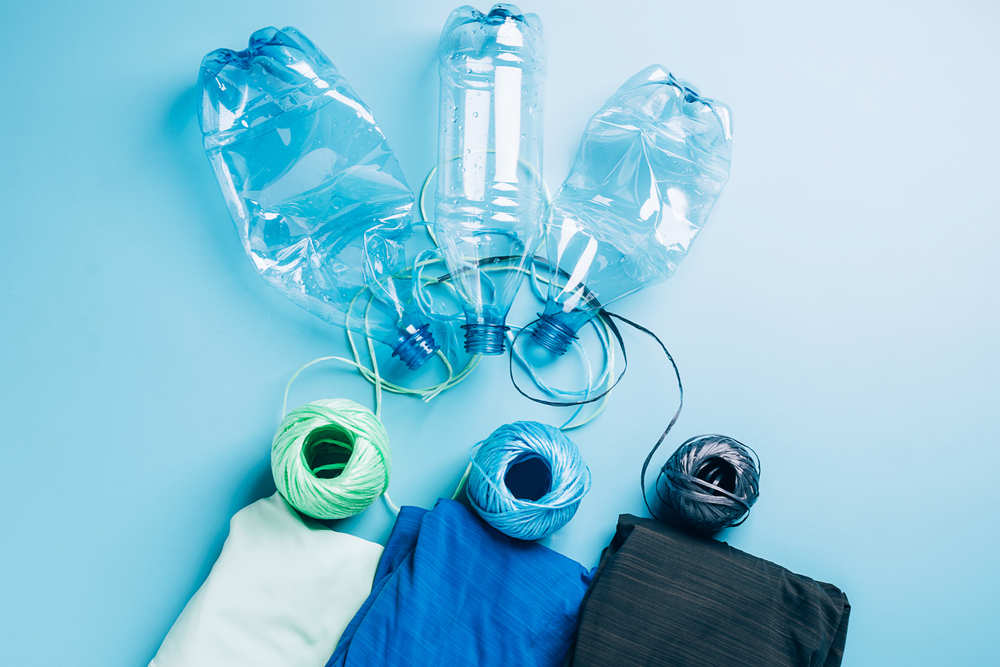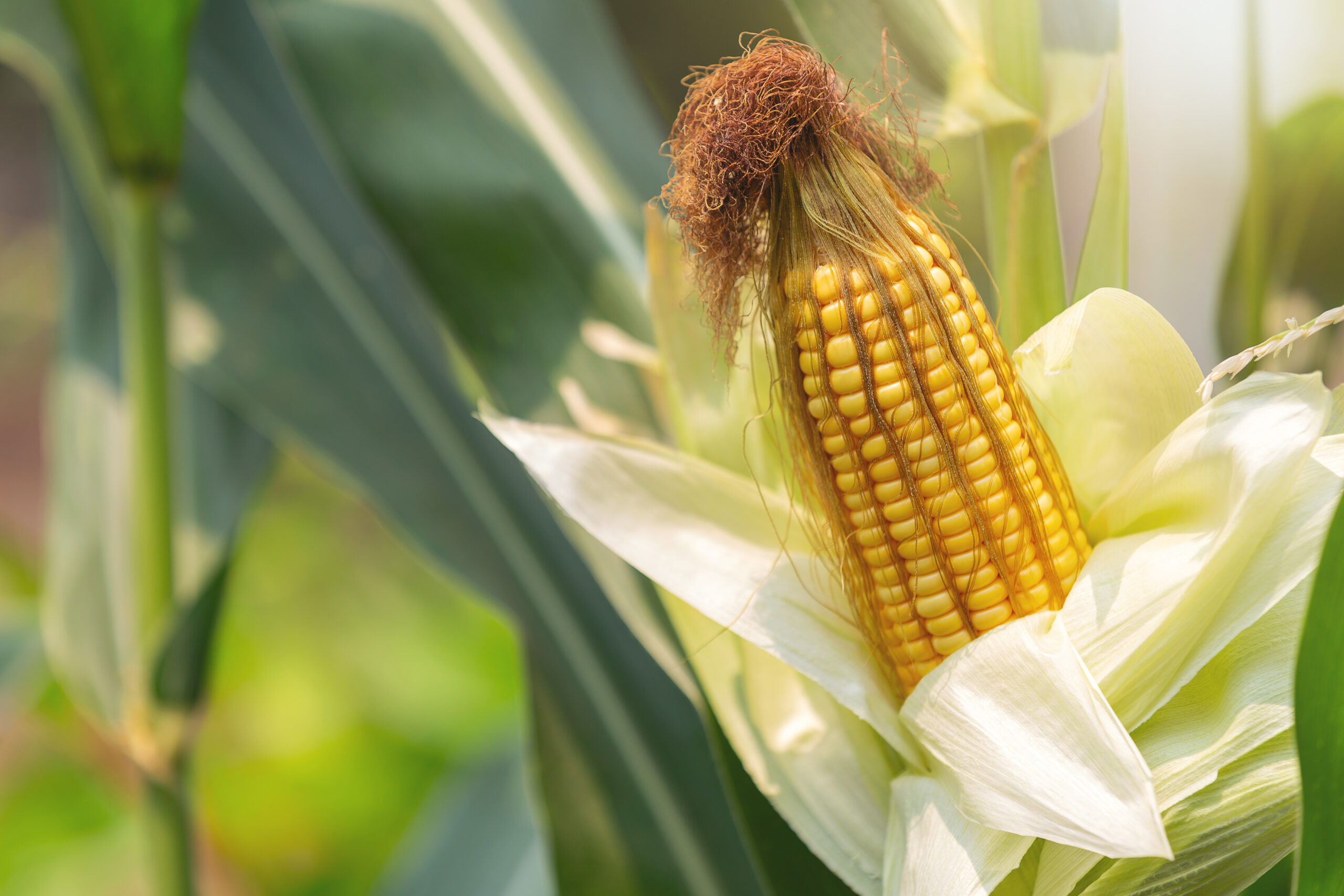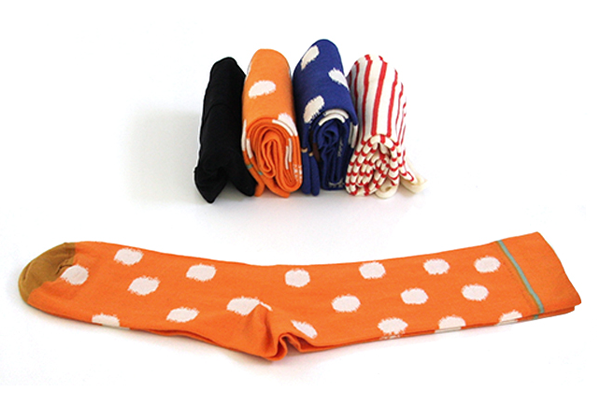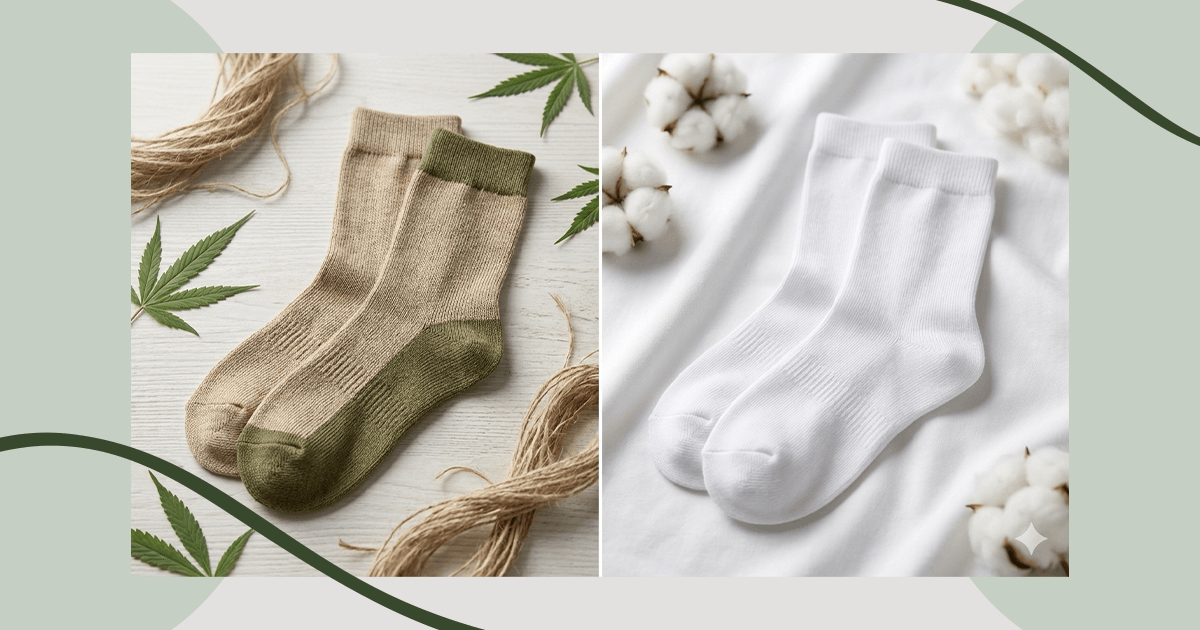Sustainability is no longer just a word in books; it’s a lifestyle choice. Pollution has given rise to woke consumers who care deeply about the planet. Before talking about sustainable cotton socks here are some statistics highlighting the booming ethical market and the growing demand for sustainable clothing, especially in conscious countries like the UK:
– The global sustainable fashion industry is currently worth over $6.5 billion.
– It is expected to grow to $10.1 billion by 2025. By 2030, that number is expected to hit $15 billion.
– The average annual growth rate of the ethical fashion market is 8.3%, projected to grow to 9.7% a year by 2030.
– 73% of British consumers only buy sustainable brands.
– 48% of British consumers do not know where to find sustainable clothing brands.
Where does the journey of sustainable clothing begin?
Sustainability goes beyond production—it must be upheld throughout the product’s lifecycle, even after it’s no longer in use. The Life Cycle of Ideal Sustainable Clothing Starts From :
-
Material Sourcing:
The environmental footprint of a fabric starts with the raw materials themselves. Here’s a closer look:
- Natural Fibers: Cotton, linen, and wool are examples of natural fibers. While naturally occurring, the cultivation process can have a significant impact. Water usage, pesticide application, and land management practices all need to be considered. Organic farming practices, for instance, use significantly less water and eliminate harmful chemicals, reducing environmental impact.
- Synthetic Fibers: Fabrics like polyester and nylon offer certain performance benefits but often come from petroleum derivatives. Sustainable alternatives are emerging, such as recycled polyester (rPET) made from discarded plastic bottles, which reduces reliance on virgin materials.
-
Processing and Finishing:
Once raw materials are obtained, they undergo various processing steps. Here’s where the focus shifts to:
- Chemical Treatments: Dyeing, finishing, and other treatments can involve harsh chemicals that pollute waterways and harm ecosystems. Texcyle prioritizes eco-friendly dyes and sustainable finishing techniques whenever possible.
- Energy Consumption: The processing stage often involves significant energy use. Texcyle works with partners who employ energy-efficient technologies and renewable energy sources.
-
End-of-Life Management :
What happens to a garment once it reaches the end of its usable life? Sustainable fabrics consider this too:
- Biodegradability: Natural fibers like organic cotton can decompose naturally, returning valuable nutrients to the soil.
- Recyclability: Materials like rPET can be recycled and used to create new products, minimizing waste and resource depletion.
What Makes Texcyle’s Sustainable Cotton Socks “Ethical”?
It’s not just about the materials. To be the best sock manufacturer,Texcyle ensures 100% transparency in everything. We share details on product ingredients, sourcing, labor practices, and our lean manufacturing processes. Everything matters to us. Here’s the breakdown of the materials used in Texcyle socks :
-
Organic Cotton:
Despite its numerous benefits, organic cotton constitutes less than 1% of total cotton production globally. Let’s explore the ethical side of it :
- Reduced Water Usage: Organic cotton farming uses up to 91% less water compared to conventional methods, easing pressure on precious resources, especially in drought-prone areas.
- Promoting Biodiversity: No harsh chemicals or fertilisers are used in organic farming, fostering healthy ecosystems with diverse plant and animal life.
- Lower Carbon Footprint: Organic cotton cultivation requires less energy and creates a potent carbon sink, sequestering more carbon dioxide than the atmosphere.
- Natural Pest Resistance: Healthy soil and resilient crops lead to less dependence on pesticides, protecting farmers and the environment.
- Gentle on Skin: Organic cotton’s hypoallergenic properties make it ideal for sensitive skin.
- Fair Labor Practices: Ethical fashion prioritises fair wages and safe working conditions throughout the supply chain – principles that Texcyle champions.
- Durability and Strength: Organic cotton fibres are naturally stronger and more durable than conventional cotton.
- Recycled Polyester (rPET):.Polyesters aren’t as bad as they seem, especially for high-performance socks. Texcyle uses recycled polyester, which is better than virgin polyester because it saves up to 50% in production by not using new raw materials. This approach transforms plastic bottles into a practical solution for plastic pollution.
- Bio-Elestane: Bio-Elestane utilises plant-derived materials, typically corn, as a partial substitute for petroleum. This significantly reduces the reliance on fossil fuels during production, leading to a lower carbon footprint compared to traditional elastane. The production process of Bio-Elestane emits 23% less carbon dioxide and 39% reduction in water consumption compared to regular elastane.
It’s in our name.Texcyle, derived from “textile” and “cycle,” embodies the essence of sustainability.We emphasise sustainable practices throughout the entire life cycle of our products, making it the perfect choice for the UK’s thriving ethical fashion market.
Want to cater to the largest booming market with the best sock manufacturer? Texcyle is ready to be your partner in sustainability. Contact Now!

